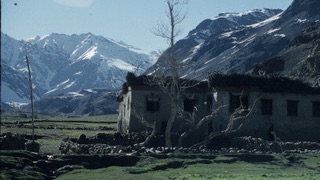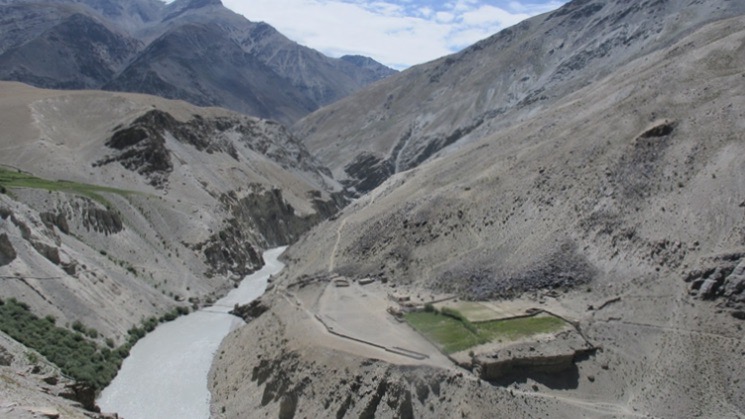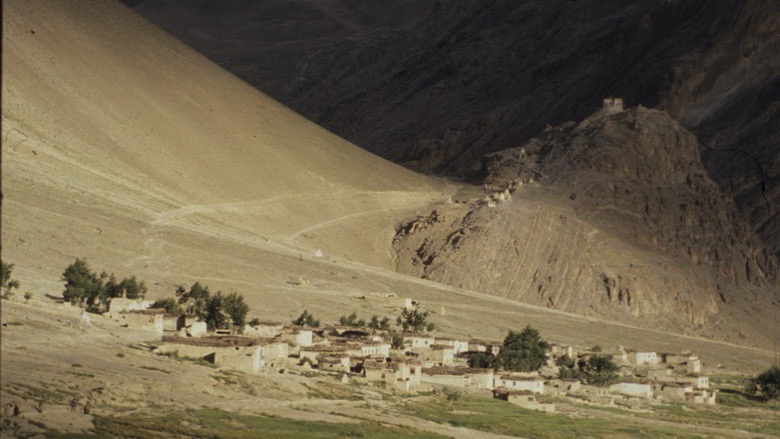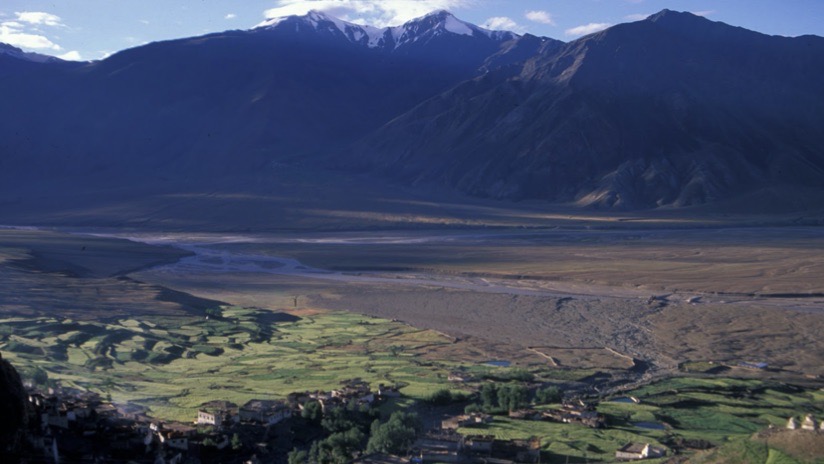Environmental Assessment
The Climate Z team will inquire and examine how residents of Zangskar are adapting their agrarian practices to the shifting nature of their climate. Building upon discussions that we hold with women and youth during the participatory ethnography & mapping component of our project, we aim to generate a set of questions and hypotheses that we will pursue with empirical evidence to better explore Zangskar’s shifting climate and village-specific practices or adaptations to that climate.
Climate Z will attend to Zangskar’s environmental complexity, by exploring the micro-climates found in each of the region’s four valleys, given their elevational and topographic variation. By holding science camps and collecting a year of empirical and ethnographic data in each of the four valleys, we intend to identify which villages or valleys share common micro climates and possible solutions or adaptations. In this way, we will identify the patterns among villages so that they can share strategies for effective and efficient adaptation.
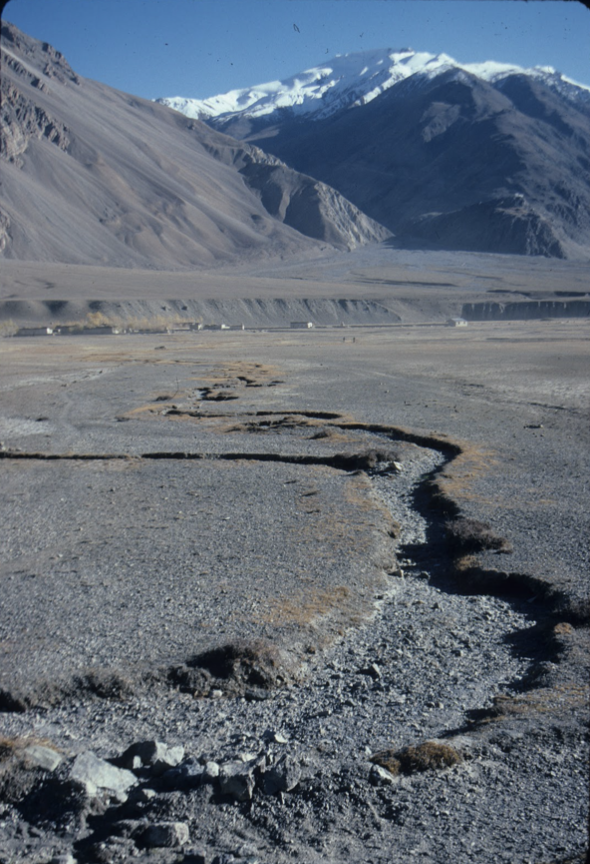
While Stod has experienced avalanches, Lungnag valley experienced a devastating flood along the Tsarap river in 2015, and Sham has experienced the greatest aridity with villages like Kumig forced to move due to increased aridity and less meltwater. Gzhung Skor has the fastest population growth and urbanization and pressing demand for land around Zangskar's administrative capitol, Padum. This demand for land and hotel construction may lead to groundwater depletion, as in the regional capital of Ladakh, Leh.
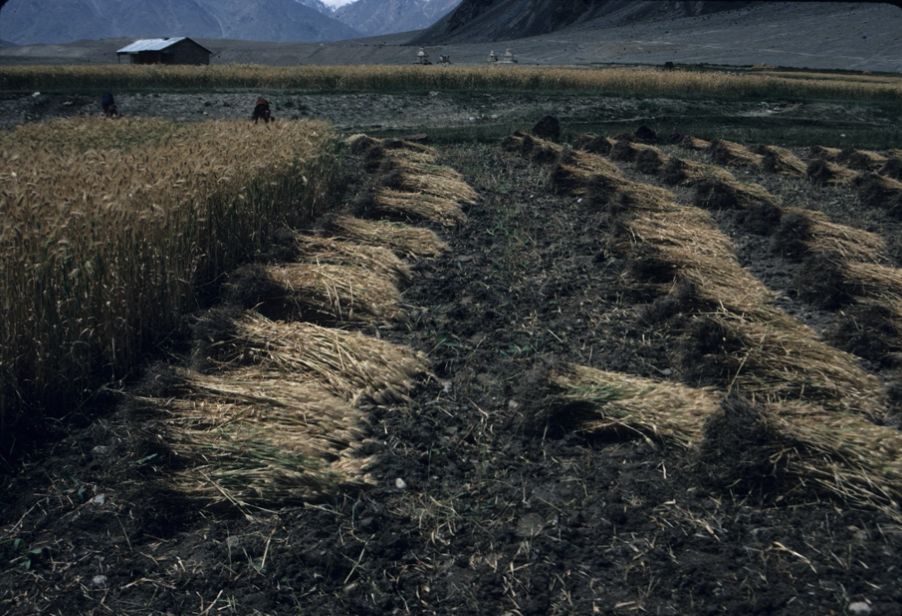
We will assess how the regional climate shifts are affecting each valley's micro-climates, and specifically their water & arable land resources. Further, we will discover and describe the systemic patterns of shifting agrarian practices and customary norms in relation to food production and water stewardship across individual valleys and their micro-climates.
We will recruit and train youth citizen scientists to identify and measure climate variables––temperature & snowfall––and their impacts on the landscape in terms of streamflow, plant phenology, soil moisture, and soil composition. These landscape factors are related to agricultural productivity and shifting practices in timing of irrigation, growing seasons, grazing patterns, crop yields, and yields of animal products such as milk, butter, cheese, meat, and wool.
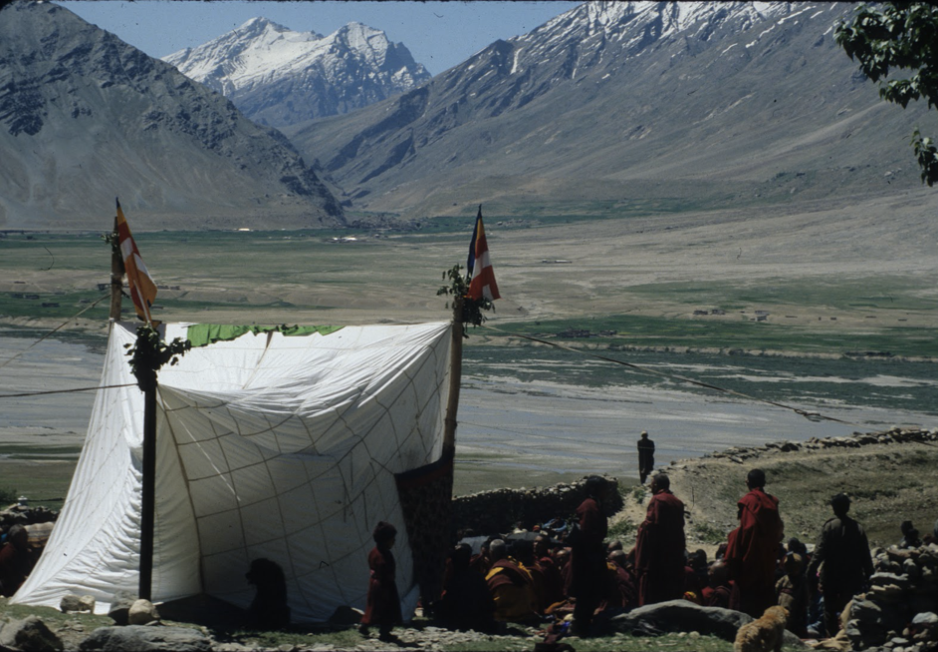
Climate Z will hold a series of Science Camps in each of the four valleys of Zangskar––Stod, Lungnag, Sham, and Gzhung Skor. Participating youth will learn about climate change and how to assess the environmental variables relevant for monitoring it. They will be trained in methods of design thinking, data collection, data analysis & interpretation, data visualization, and wider dissemination to the public.
The youth scientists will collect and analyze data on water, soil, and land and then disseminate it via data storytelling and data visualization. The data storytelling will help shape collaborative decisions around resource management as well as climate-smart policies in Kargil district and Ladakh UT. Our team members and citizen scientists will address food security, labor scarcity, and resource management by being actively involved in local and regional decision-making.
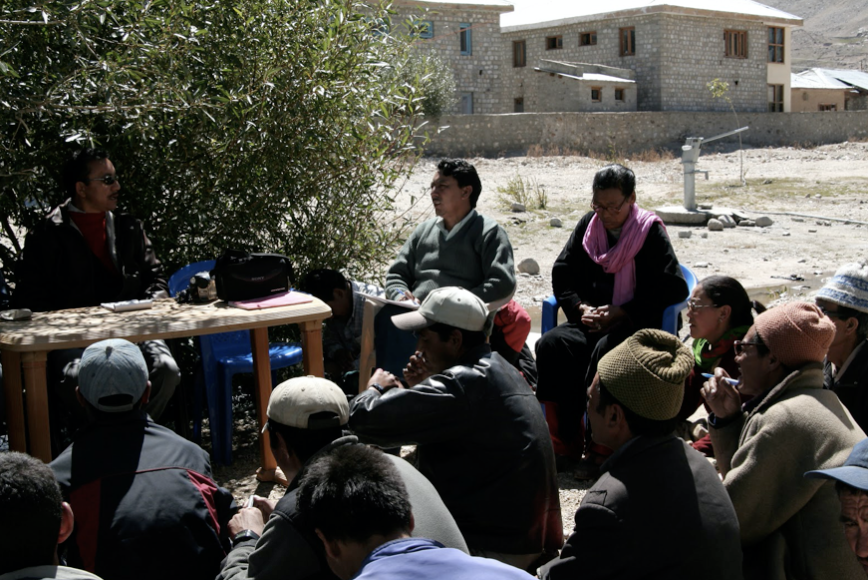
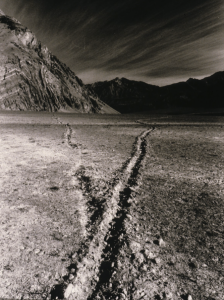
Climate Z envisions truly site-specific climate-smart policies that can be implemented across different regions of Zangskar. These in turn may form the basis of broader climate advocacy and collective change in other parts of Ladakh, India, and the HKH region.

